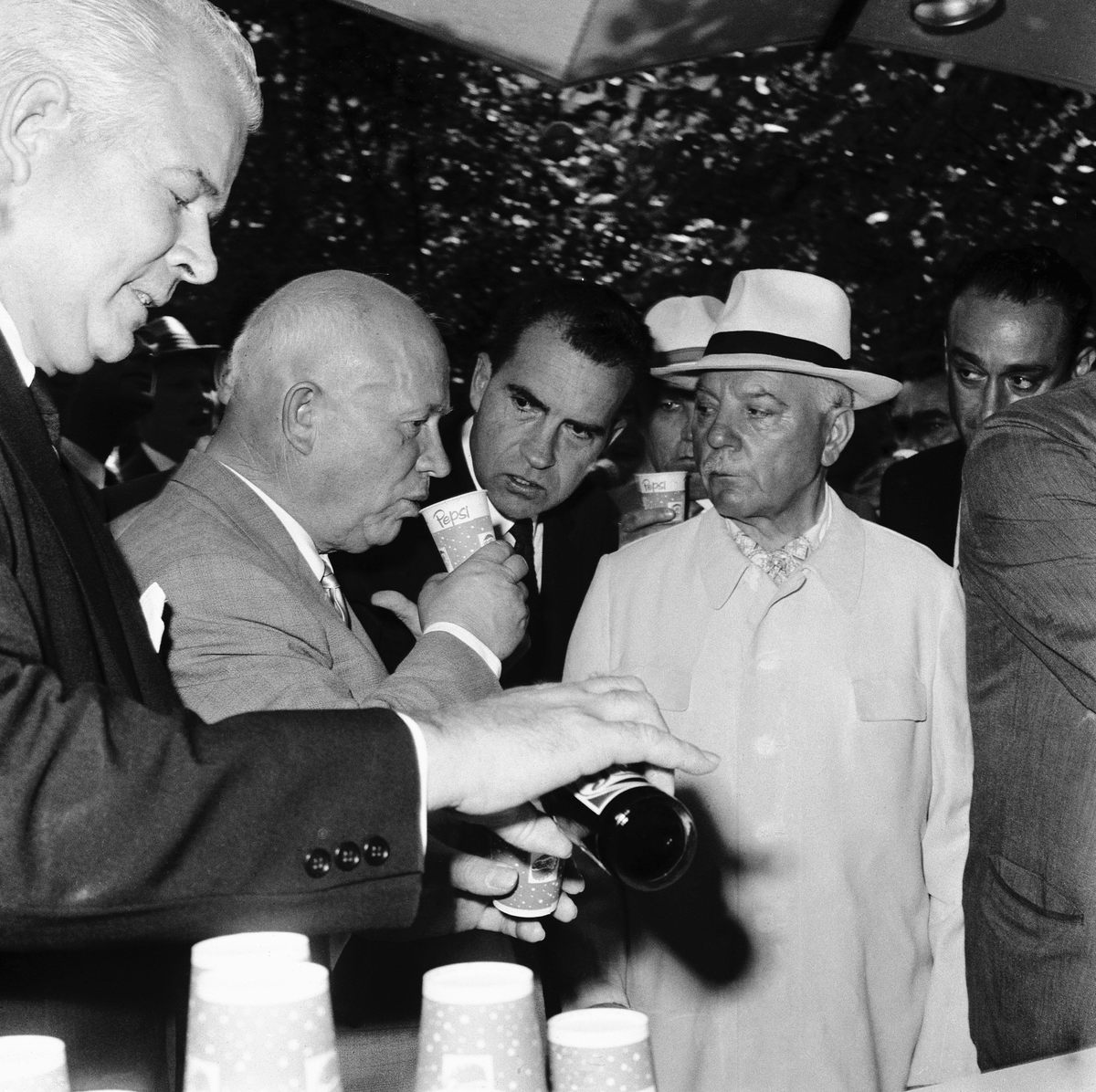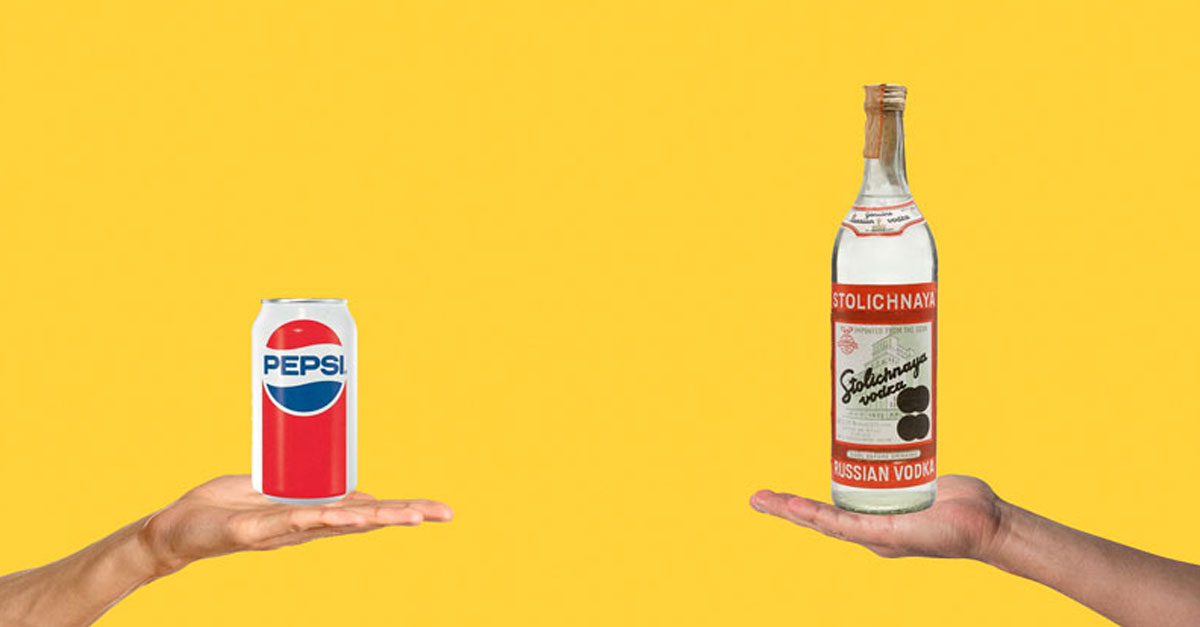Understanding Corporate Barter
A corporate barter involves a business exchanging goods and services with another business.
This can be underperforming services, unused inventories, or real estate that the business owns.
During the last 20 years, barter exchanges have become more popular as business owners look for new ways to increase revenue and clients.
The PepsiCo - Soviet Union Barter Deal

The 1970s saw one of the most lucrative corporate barter deals in history.
In a $3 billion deal, PepsiCo and the Soviet Union swapped Pepsi-Cola for warships and Stolichnya vodka.
In an attempt to get Pepsi into Khrushchev’s hand, Donald M. Kendall, then Pepsi executive, travelled with President Nixon.
The Khrushchev photo op catapulted Kendall to the top of Pepsi’s executive ranks six years after the American National Exhibition.
As Kendall aimed to open up the U.S.S.R. to Pepsi, A cola monopoly that blocked Coca-Cola until 1985 was negotiated by Kendall in 1972 in order to open up the U.S.S.R. to Pepsi.
In the Soviet Union, Coca-Cola syrup was bottled locally. Pepsi became a pioneer in the Soviet Union when it was introduced as “the first capitalistic product.” However, money was an issue.
Due to economic downturn, The Soviet ruble was worthless internationally, and its value was determined by the Kremlin. Soviet law also prohibited exporting the currency.

Pepsi's Popularity Rises
To distribute Stolichnaya vodka in the United States, Pepsi received cola in exchange for Stolichnaya vodka from the USSR.
Approximately a billion servings of Pepsi were consumed by Russians annually by the late 1980s.
As a result of the bartering, Stolichnaya became popular in the U.S., and Pepsi broadcast the first paid ad on local TV in 1988 starring none other than Michael Jackson.
So, in the spring of 1989, Pepsi and the Soviet Union signed a remarkable deal.
As a middleman, Pepsi sold 17 old submarines and three warships for scrap, including a frigate, a cruiser, and a destroyer.
In partnership with a Norwegian company, Pepsi also purchased new Soviet oil tankers.
In return,Pepsi could more than double the number of plants in the Soviet Union as a result.
It was nothing compared to Pepsi’s three billion dollar deal in 1990. (This figure came from Pepsi’s estimates of how much cola sales in the Soviet Union and vodka sales in America would be over the next decade.)
The deal was the largest ever negotiated between an American company and the Soviet Union.
PepsiCo and the Soviet Union engineered this huge deal, which exemplifies the economic phenomenon of ‘double coincidence of wants’.
As PepsiCo pre-organized the sale of the vodka and warships, they created a ‘want’ from their side, enabling them to successfully barter with the Soviet Union for Pepsi-Cola.
Bartering vodka and warships was the only way to trade, since the Soviet currency, the ‘Ruble’, was not widely accepted or exchanged globally; there was a barrier to trade.
Conclusion
While Obodo doesn’t offer vodka, ships, or Pepsi-cola, the company does offer a wide range of tradable goods for individuals and businesses.
The application is available on Google play store and Apple App Store.
